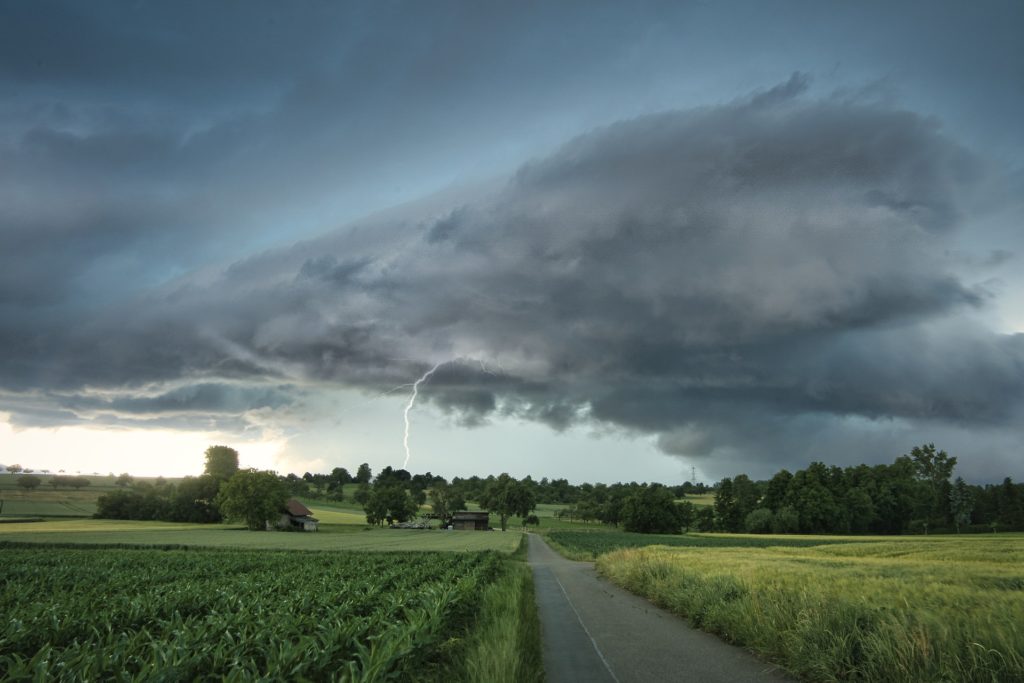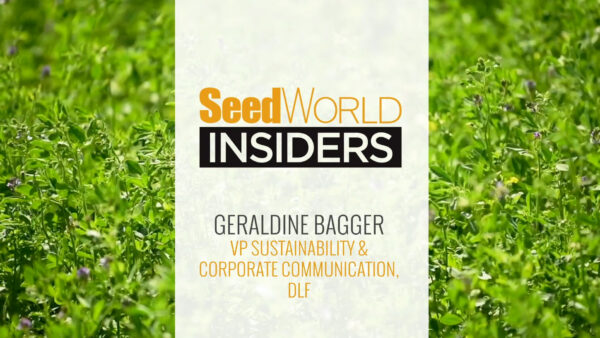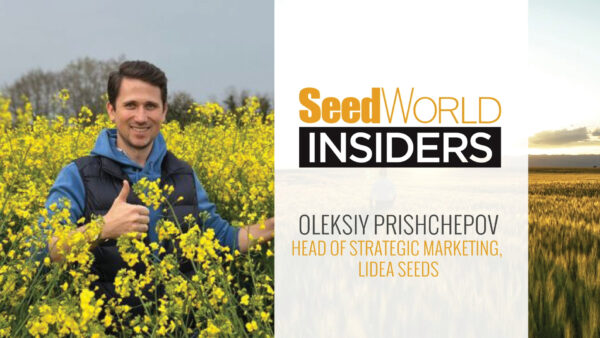David Zaruk, also known as the Risk Monger, has served as an EU risk and science communications specialist since 2000. He’s active in EU policy events and promotes evidence-based decision making when it comes to environmental health matters. Zaruk also serves as a columnist for European Seed.
Check out his four most recent columns below.
Climate Benefits from Seed Breeding

Today the dominant societal narrative is climate change, and the stories seed breeders can tell of the part they play in fighting this threat is important. Many environmental activists are spinning a story of agriculture as a problem for the climate, of industrial farming destroying biodiversity and uncontrolled methane emissions playing havoc with our environment.
Seed breeders are the key to shift this narrative toward farming as the source of climate solutions. So how can seed science answer our climate change challenges?
Hunger Will Haunt the World from Russian Aggression

When Russia brutally invaded Ukraine in February 2022, war in the world’s breadbasket could only forebode greater tragedies to come. Large percentages of global exports of wheat, maize, soy, sunflower, and barley come from the region with import-dependent developing countries being their main export markets.
The Need for a European Pro-Science Lobby

In a Politico Brussels debate on the future of new plant breeding technologies within the EU’s Farm2Fork strategy, a scientist, Ricarda Steinbrecher, sounded precautionary alarm bells on the potential risks from any innovative genetic technologies. Ricarda is a board member of the official-sounding European Network of Scientists for Social and Environmental Responsibility (ENSSER). Other ENSSER board members include Angelika Hilbeck and Arnaud Apoteker, the last people to speak on behalf of innovations in plant genetics. But to outsiders, their well-communicated activist views are considered as legitimate voices from the academic community.
Navigating through the EU Funding Maze

Researchers have many different funding mechanisms in the EU, but who is eligible and what is the process? Can seed companies participate in programmes like Horizon Europe and what are the conditions? Is it worth my time to put together a consortium and are there any tricks?
The answer to these questions is “Yes” and “Yes, but…”.
Related Articles:
Defining Organic: 50 Shades of Green
Towards a Concept of “Better Farming”













